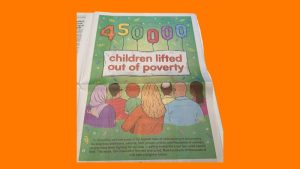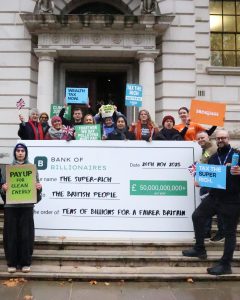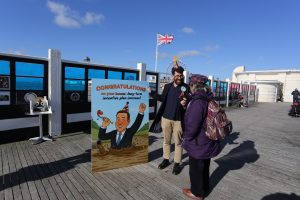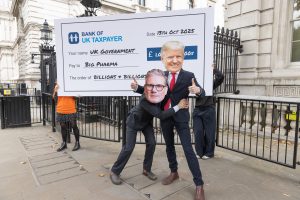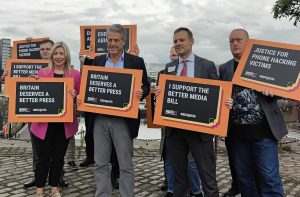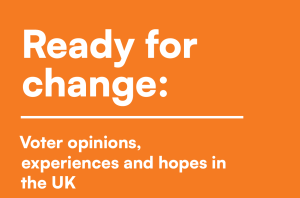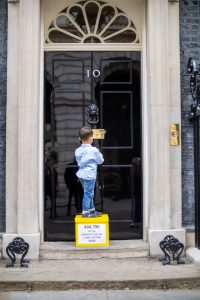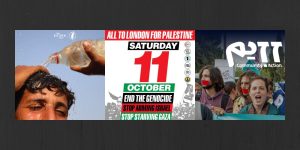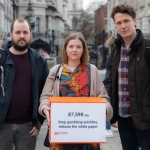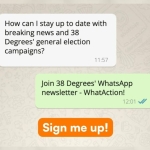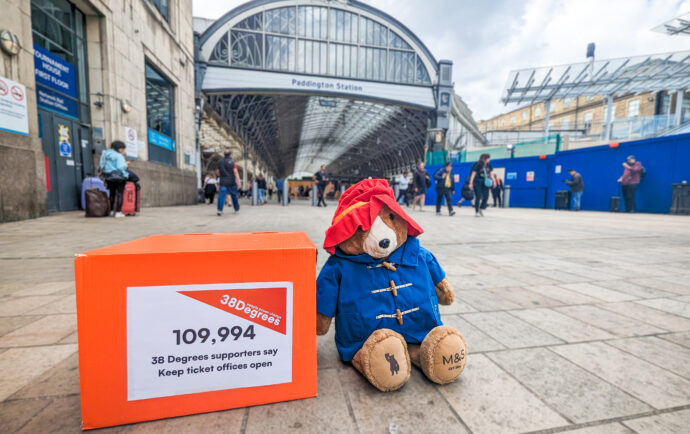
Feb 16th, 2016
Greater London Get Together – Local Media Session Notes
By Sarah Murray
See below for top tips on why local media is important for campaigns and how to use it effectively!
Don’t underestimate local media!
- It’s heavily read
- It’s hugely threatening to local MPs and local businesses
- It’s widely trusted
Determine your goal in targeting local media
- to put pressure on the campaign target
- to publicise a particular event in order to engage a wider audience
- to gain signatures on a petition, to engage more people in an action
Keep this goal in mind when choosing which media sources to target and when you’re speaking to the media
How to tell stories to local media:
Timing
- News has to be timely and new to be considered interesting. Make sure you get your story as quickly as possible, either the day it happens or shortly after the event
Proximity
- Stories which happen near to us have more relevance. Use your knowledge of local issues to make sure your story is relevant locally.
- Look at the regions covered and ensure you’re not selling your story to the wrong publication. Also, be aware of the size of the area covered by the publication (e.g. publications which cover large areas
Significance
- The number of people affected by the story is important. An issue affecting thousands is more newsworthy than one that affects a handful.
Human interest
Journalists need to put a human face to the facts and figures. Controversy can also help attract attention – e.g. rows/ MPs not doing what they should
Messaging- What is it you want to say? How do you want your audience to hear it? How can you make it as simple as possible? How can you ground it in reality or make it relevant?
Calling journalists
- Have a contact list at the ready, make a database of contacts in your group
- When contacting, call them earlier in the day – ideally before midday. Newspapers have deadlines – usually around 4/5pm. Weekly publications’ deadlines are usually Wednesday.
- Try describe your campaign in a single sentence- grab their attention
- Have your press release ready (with contact details)
- Contact as many journalists as possible – not everyone will be interested
- Find out who the key people are on your local paper and local news programmes. Ring them and find out what subjects interest them most.
- Personal contacts are as important in media work as in any other area of business.
- All news organisations have a newsdesk or equivalent. This is basically the central processing point for incoming news, including press releases. Send a copy of your release to the newsdesk as well as to named contacts
Writing a press release
- Great headline
- Overview of the key message and goal of your campaign
- Keep it simple
- Make it unbiased – journalists need to write about your campaign in a largely unbiased way. Often journalists don’t change the press release they’re presented with much – it makes their life easier if you write the press release in a way which won’t require too much tweaking
- Give a great quote from you – this is the place in which you can express your opinion
- V short and to the point. Contact details and web address to petition
- Include your contact details and make sure you’re contactable!
See below for a video guide on how to use local media!:
http://https://www.youtube.com/watch?v=P8Ui6Cs0iKg


